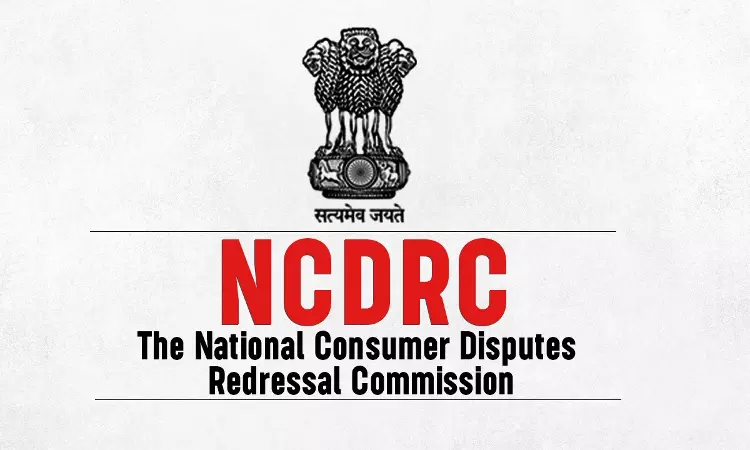Sole Proprietorship Cannot Be Classified As “Individual Borrowers” As Per RBI Guidelines: NCDRC
Ayushi Rani
3 Oct 2024 2:00 PM IST

Next Story
3 Oct 2024 2:00 PM IST
The National Consumer Disputes Redressal Commission, presided by AVM J. Rajendra, held that a loan taken in the name of a business by its sole proprietor does not classify the borrower as an “individual borrower” under RBI guidelines. Brief Facts of the Case The complainants applied for a business loan, with HDB Financial Services/finance company, resulting in the...
